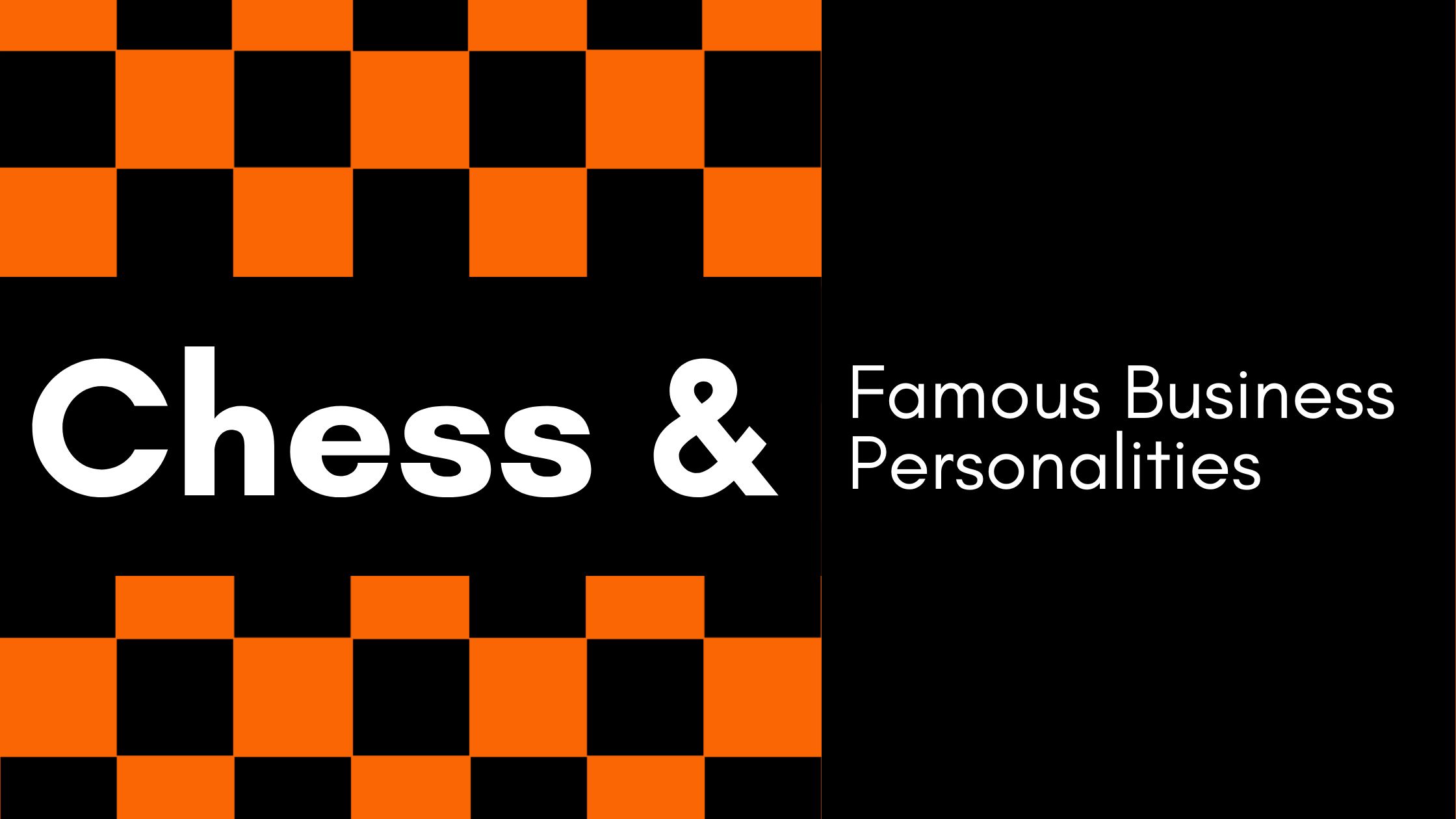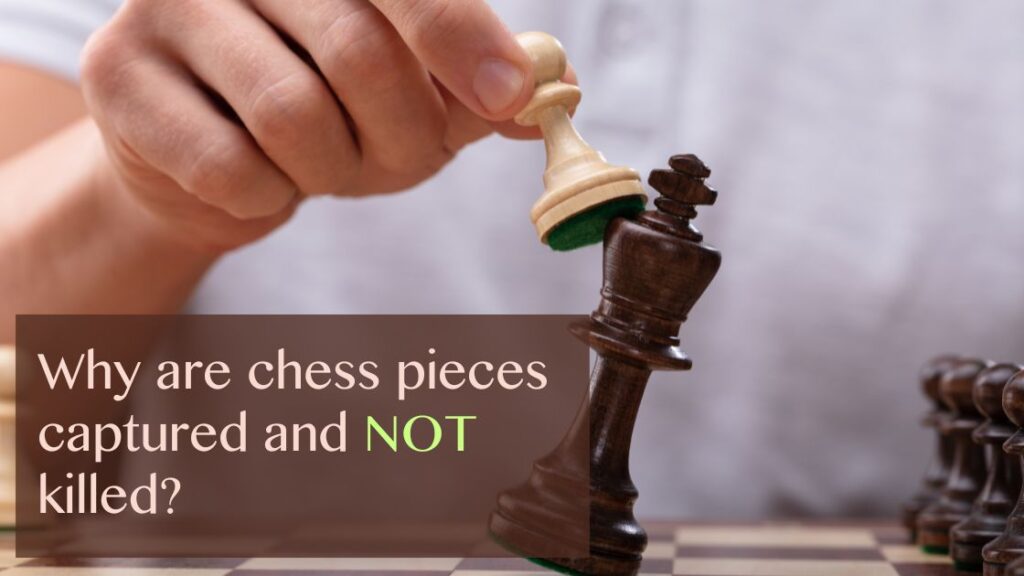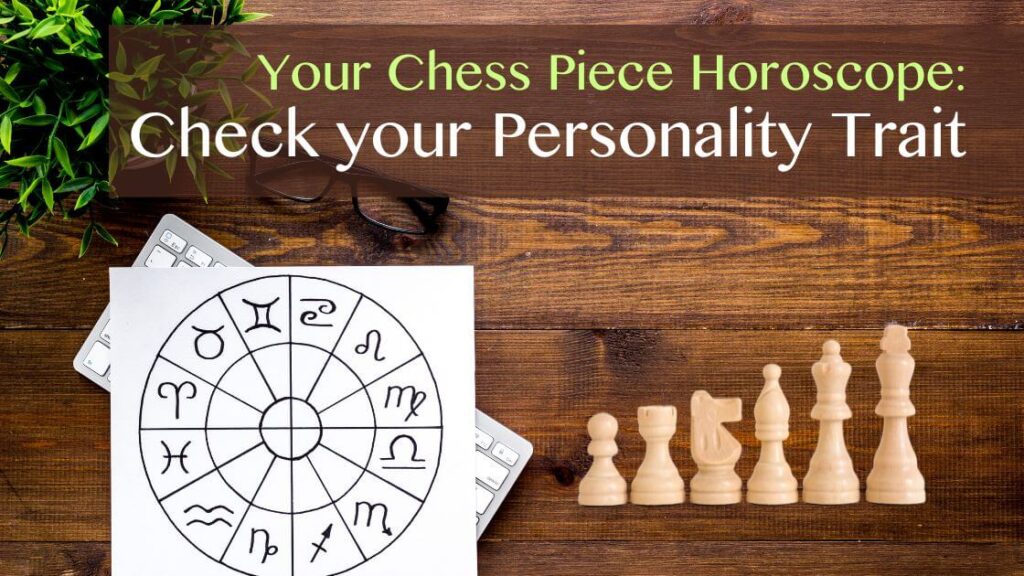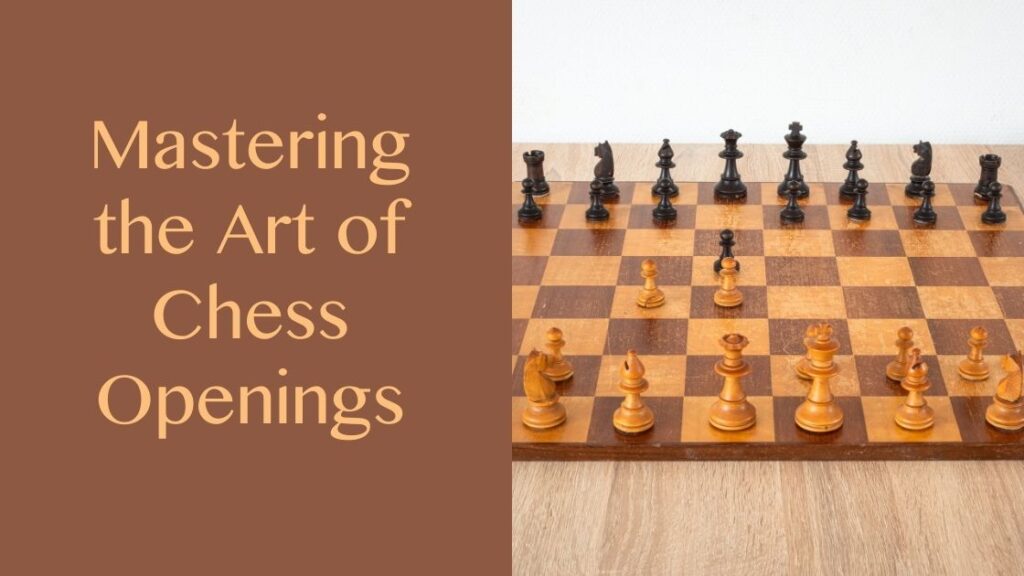The more you look at the business world, the more you see that successful companies and the people who run them use chess strategies routinely (whether they know it or not)
Chess is the game of strategy, and you will be surprised to learn how seamlessly it integrates into your decision-making in other areas of life. Apart from chess legends like Gary Kasparov or Magnus Carlsen, who have built their business empires centered around their game, several businessmen from other industries whose moves in the corporate world resemble the ones of the chessboard.
Are they chess players too?
Who are the famous businessmen who play chess?
The Challenges for Businesses in the 21st Century
Rapidly changing landscape
The concept of minimum economic value that generates the maximum profit has become redundant because of the overall unpredictability of the market.
Today’s strategic and operational decisions have to be made without a precise forecast of their outcomes. To compete successfully in the age of the information revolution, you have to know what to do when you are not sure What to do in the first place.
Lack of variables to help predict future
Our otherwise lackluster business world is suddenly interrupted with disruptions of extreme proportions. We now have extremely short business cycles, almost know product life spans, and even shorter CEO tenures. Intellectual property and not physical property have become the most valuable asset and the edge over other frontrunners for business supremacy.
Chess Strategies = Business Strategies
Chess, the most fantastic strategy and knowledge accumulating game in human history, is highly relevant. Great companies in any industry, from Microsoft to Adobe and from start-ups to conglomerates, use chess strategies to make sense of our highly unpredictable business universe.
Whether it is attacking or defending markets, launching a new product or maximizing a diminishing advantage, building efficient organizations, maintaining momentum when under attack, choosing alternatives under pressure, chess has played its role for hundreds of years in guiding the business society into making confident, proven moves.
Chess – The only game that has taught critical thinking via gamification for over 1000 years
Chess has always reflected the significant developments and movements in society. Endorsed by thinkers, politicians, nobility, and changemakers, chess has often helped create the groundwork for rational thinking and decision-making using scenarios. The business world hasn’t been immune to this allure of chess.
Shrewd deals with a seemingly giant conglomerate often involve exchange sacrifice- Trading one kind of advantage for a completely different sort, even though the exact gains can’t be calculated.
Famous Business Personalities and Their Chess Connection
Warren Buffet : The man who taught strategic investing to all
What would you pick up, short-term revenues or long-term growth? The best business moves come right off the board. It’s incredible how many chess principles are directly applicable to the world of business and how the executives can make the right moves in so many situations. They can handle defending their turf, attacking competition, or exploring new markets alongside strategic development.
In the HBO documentary, Becoming Warren Buffett, Warren Buffett uses the story of a king and his chessboard to illustrate how compound interest has driven his fortune to stratospheric heights. Famous chess players and corporate leaders include Bill Gates, George Soros, Carl Icahn, Pierre Omidyar, Michael Birch, A.G. Lafley, Jim Slater, Douglas Hirsch, and Auren Hoffman.
The famous “The Wall Street Chess Club” of the 90s saw an exchange of businessmen learning to play chess while chess players were learning to do business. Only to realize that chess has been instrumental in creating opportunities for both that never seemed to exist.
Peter Thiel : A Business Grandmaster and A Chess Master
Peter Thiel’s last ELO rating stands at 2100, and he has a win percentage of 74% in his official games. He was a USCF-rated Chess Master and one of the highest-ranked under-21 players in the country. Many don’t know that he is also the now famous entrepreneur and billionaire who co-founded PayPal with Max Levchin and Elon Musk and also served as its CEO.
He played a gambit and was the first outside investor in Facebook, also a Board of Directors there. The rest, we leave it to you for interpretation. In a lecture series to Stanford University students in 2012, he explains how his passion for synchronizing the world of chess and business in various situations like starting a company or investing in one would turn out to be a huge success.
Elon Musk : From Cars to Space Tech, The Visionary Owes a Lot to Chess
Tesla and SpaceX founder Elon Musk started playing chess at a very young age. According to his brother, Kimbal, “he is able to see things more clearly in a way that no one else I know of can understand”… “there is a thing in chess where you can see 12 moves ahead if you are Grandmaster. And in any particular situation, Elon can see things 12 moves ahead.”
Thinking beyond your first strike and looking at the bigger picture comes naturally to chess players. With a combination of strategic thinking and foresight, they can create scenarios and create potentially successful plans to launch projects with high stake value.
Richard Branson : The Bad boy of Business, and Chess!
Criticized widely for keeping the board orientation wrong multiple times, Branson famously declared- “Business is like a giant game of chess: you have to make strategic moves, and learn quickly from your mistakes.” Branson is the founder and owner of the Virgin group of companies, a conglomerate with interests in records, airlines, books, and even space travel. In his blog, Branson says:
While my favorite sport is kitesurfing, closely followed by tennis, I think chess may be the best game in the world. It combines the most remarkable aspects of many different sports – tactics, planning, bravery, and risk-taking – plus you can have a cup of tea and often a stimulating conversation while you play!
I play a lot of chess myself and must have competed in thousands of games in my lifetime. Every game is different, and every player has their strategies that make for a unique contest. I’ve found lots of entrepreneurs, in particular, are always keen for a game.
Bill Gates : Entrepreneur, philanthropist, chess player who lost to Magnus Carlson in under 5 minutes
Harvard dropout Bill Gates’ net worth currently stands at about 150 billion, and he was beaten in the game of chess by the legend Magnus Carlsen in just nine moves.
Apart from being one of the most successful entrepreneurs in the personal computer revolution primarily due to his intelligence and foresight, Gates now focuses on several philanthropic initiatives worldwide through the Bill and Melinda Gates Foundation. Bill Gates may not be a very well-known chess player. Still, with a rating of 1578 and a peak rating of 1690, we can safely assume that the strategic thinking that he displayed during the awfully short but interesting game against Carlsen was honed over the years he spent in the corporate world.
What lessons CEOs take away from Business Leaders who play chess?
Even very well-established chess players struggle with selecting which moves will work the best given the situations on the chessboard. Businesses and business leaders often face similar challenges. Without discipline, the multiple alternatives and half-baked ideas could lead to potential failures, even disasters. Both in chess and business, it helps to keep a strategic outlook.
Top chess players follow the six questions approach to answering the dilemma:What has changed?
- Do we have an active plan for change that we are pursuing? Or are we just indulging in positional play?
- What are the other candidate’s moves?
Ensure that you count on your competition to make the best moves, are transparent with your thought processes, and have no biases. In the hyper-networked world that we live in today, rarely a business person would find an opportunity that no one is doing already.
Chess offers countless examples of taking short-term gains that could cause long-term pains. Business leaders know that to succeed in the venture and ensure long-term profitability, knee-jerk reactions often indicate a lack of confidence in the plan and a result in losses that may seem small but could hurt in the long term. Like a good chess player, all a business leader could do is play the current position in the best possible way.












